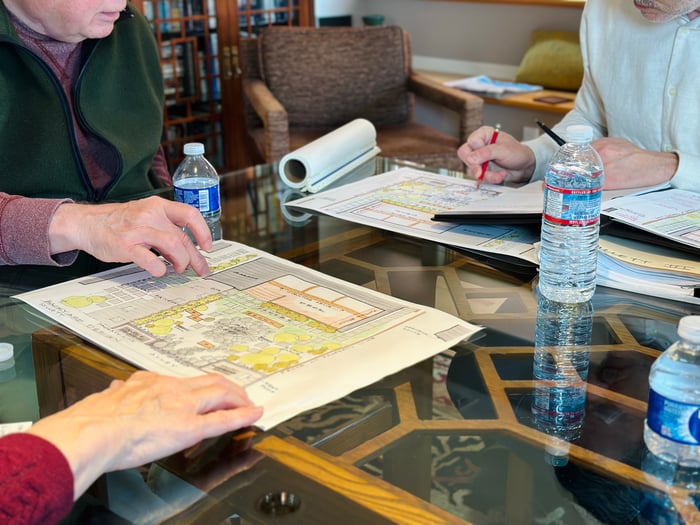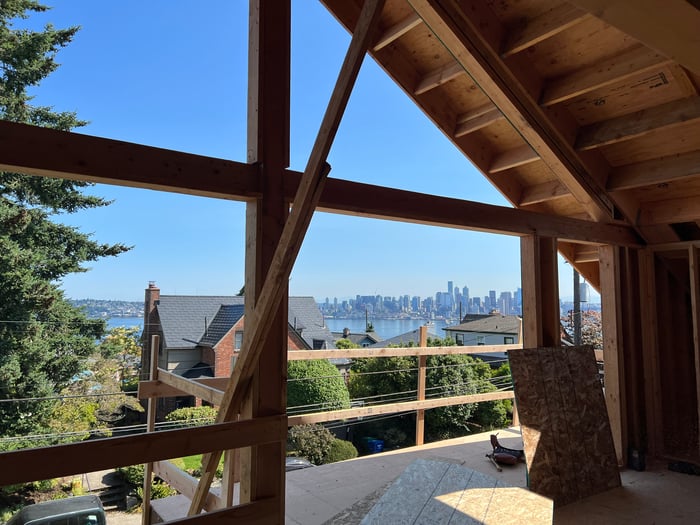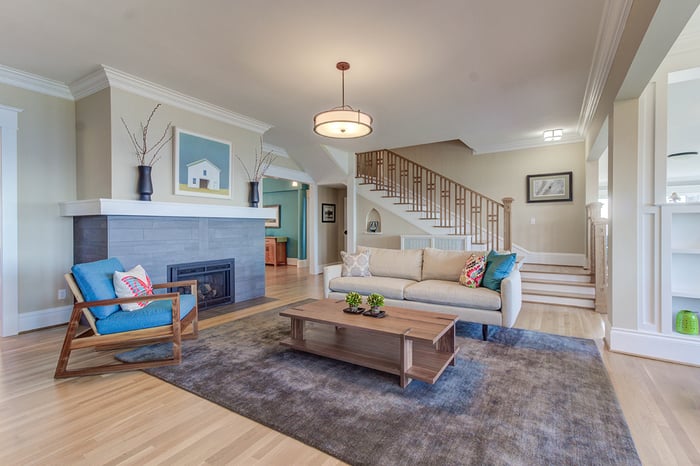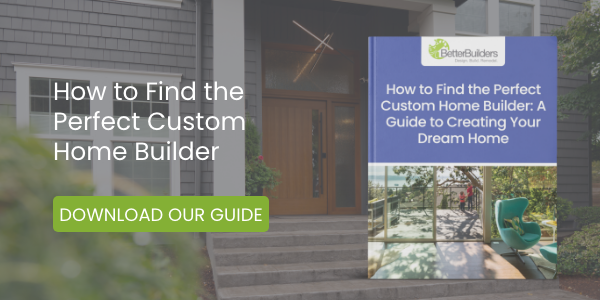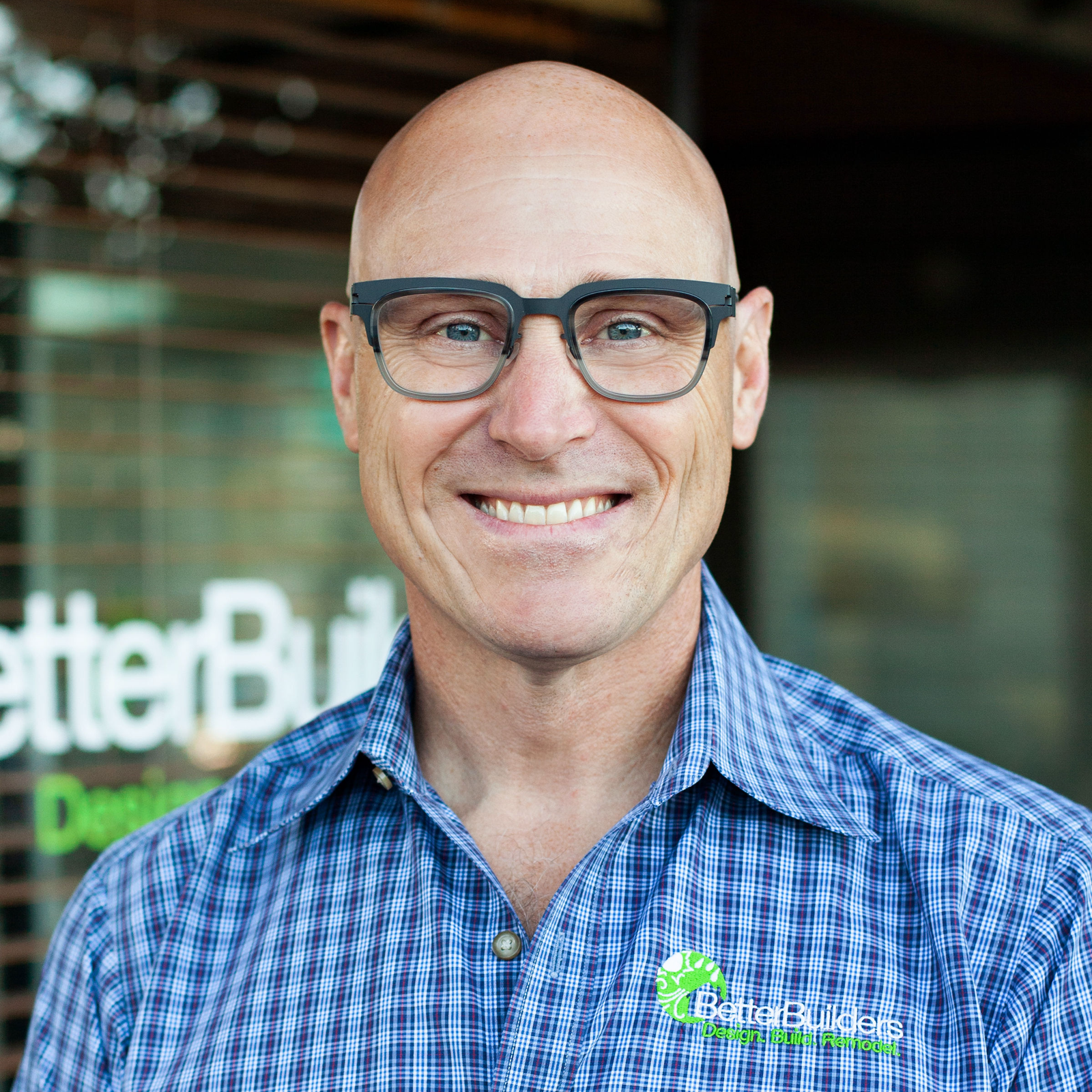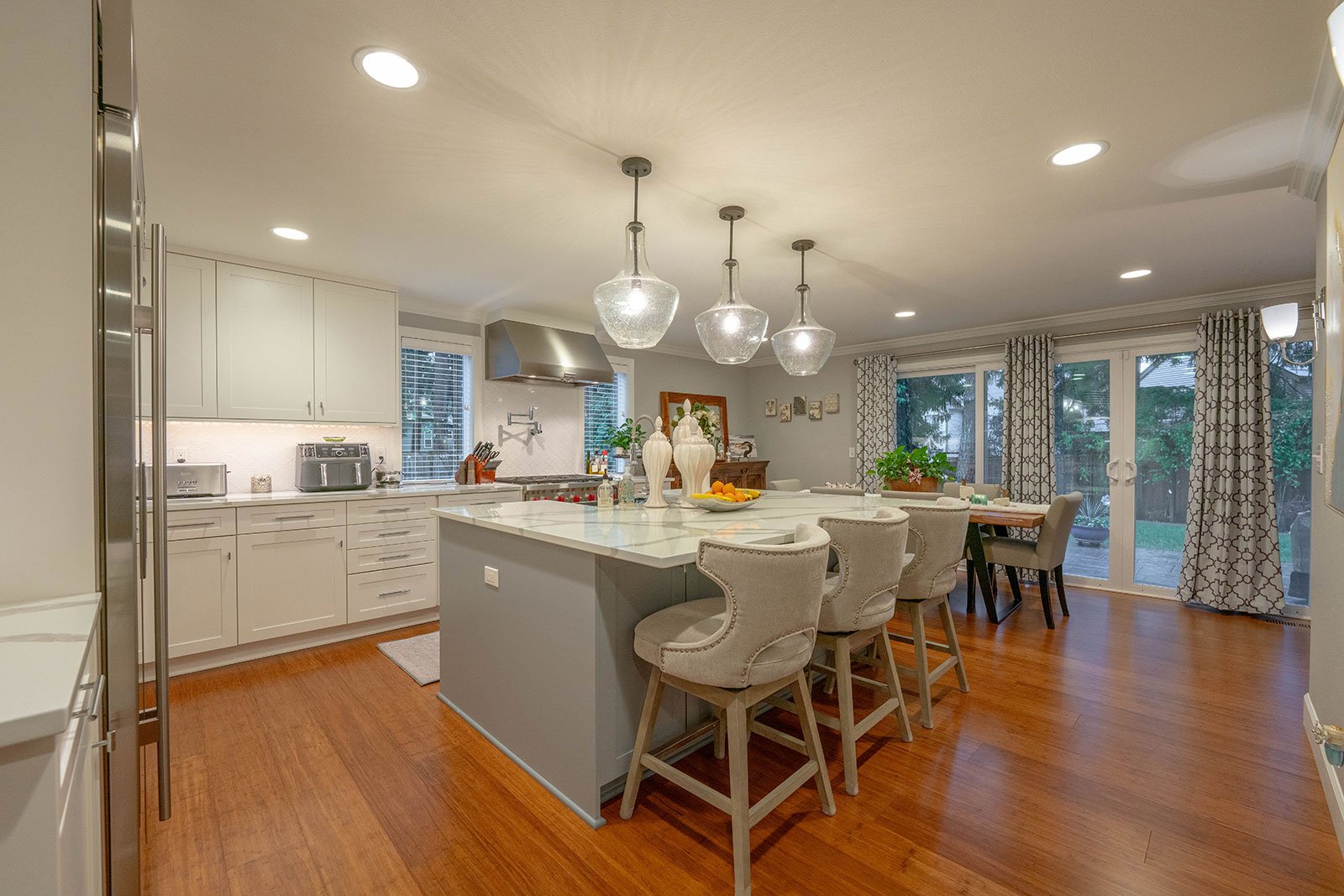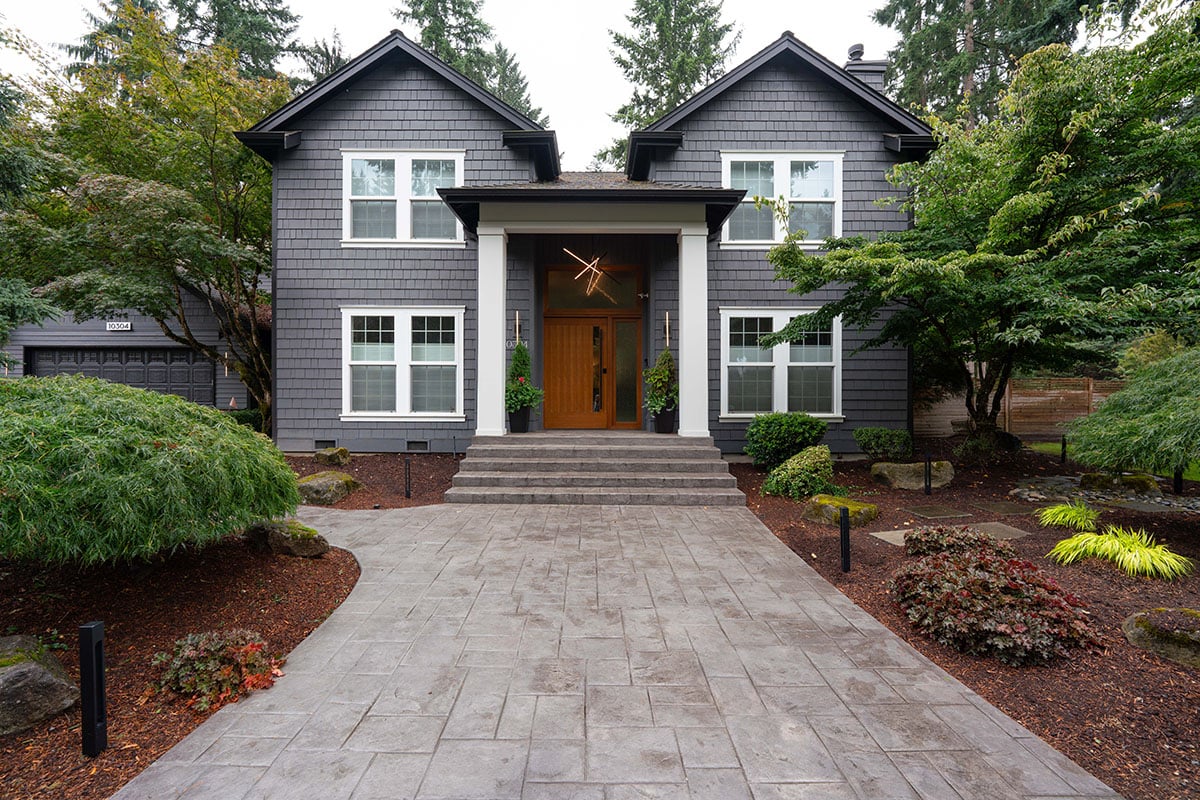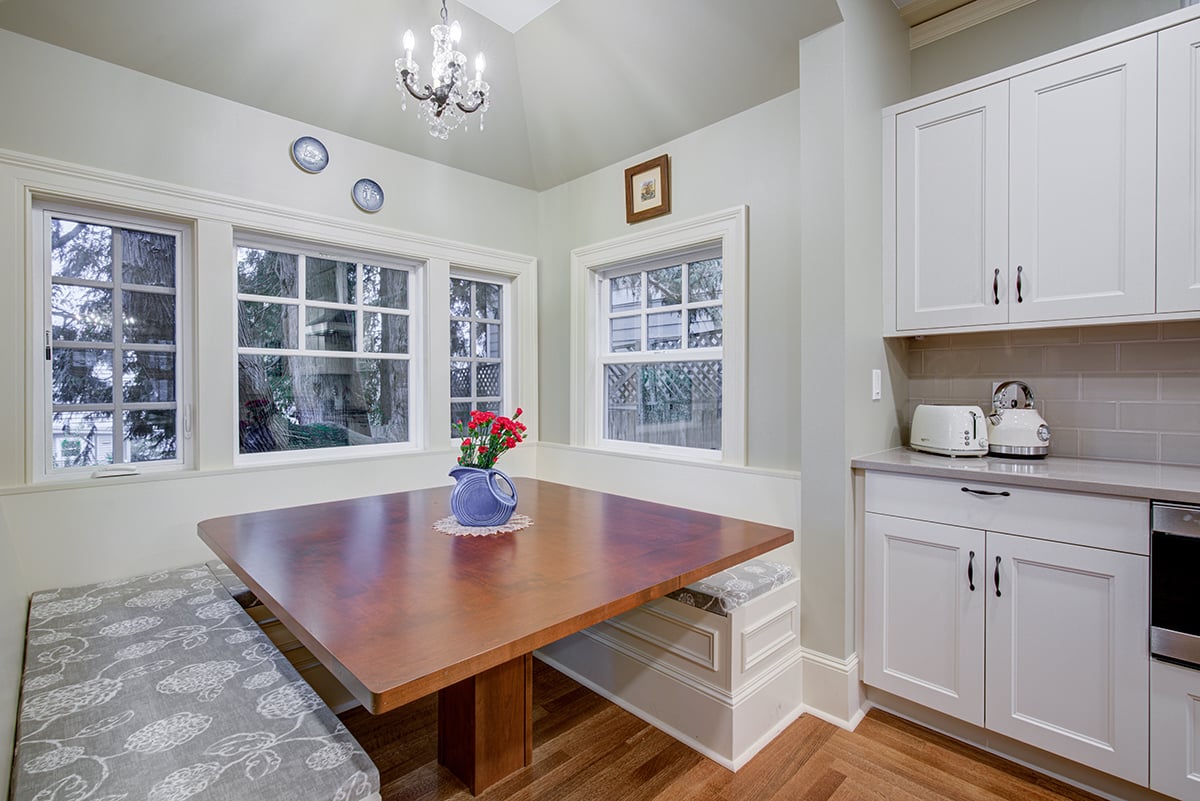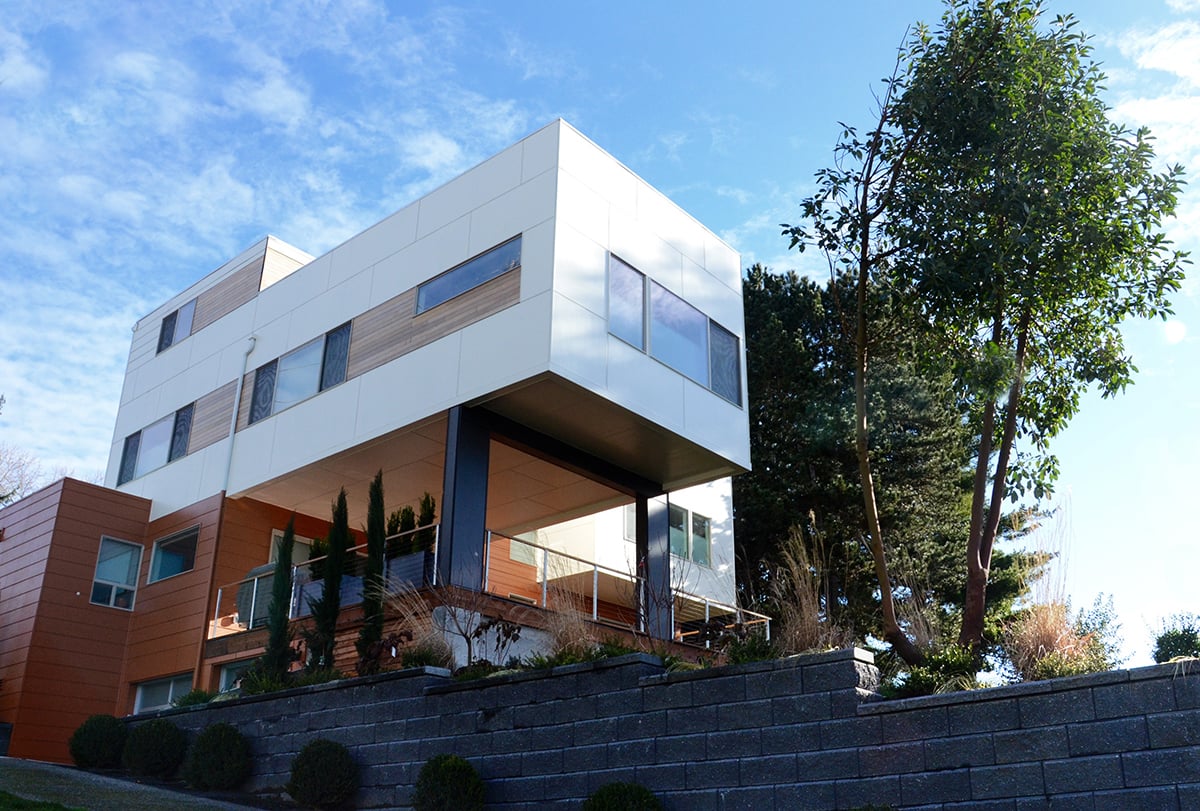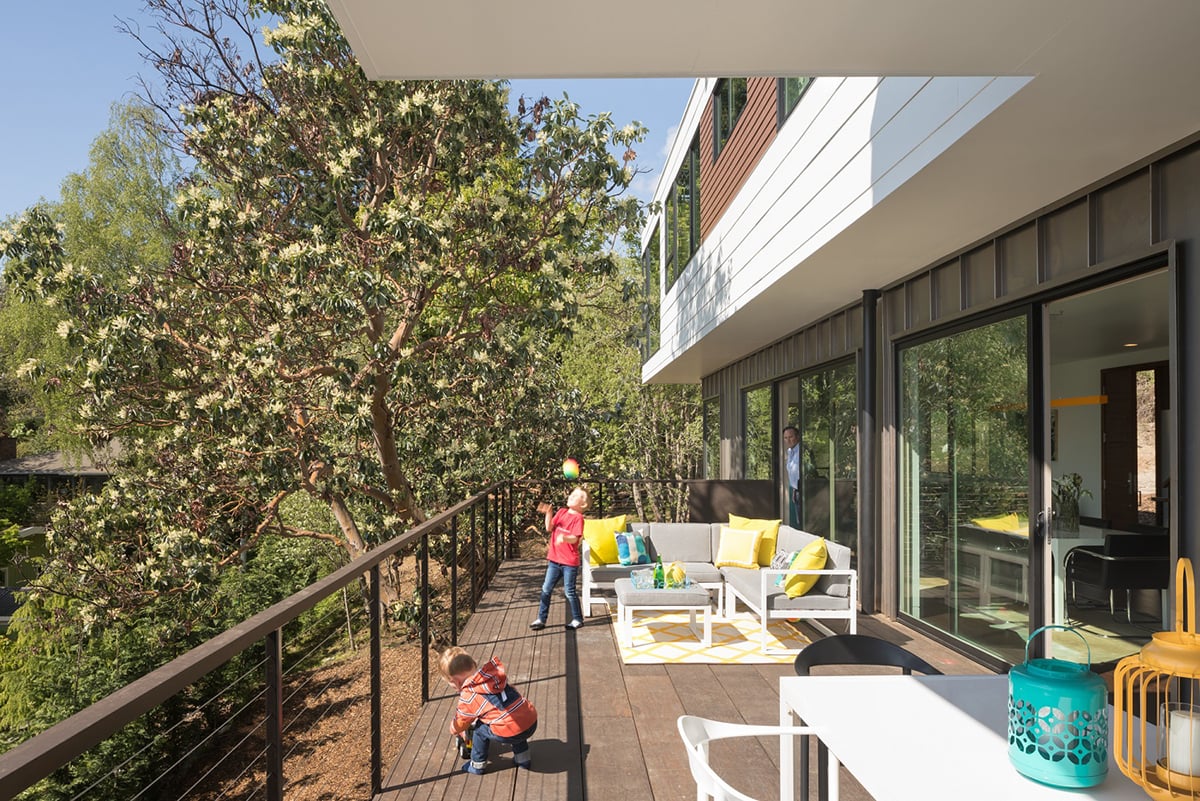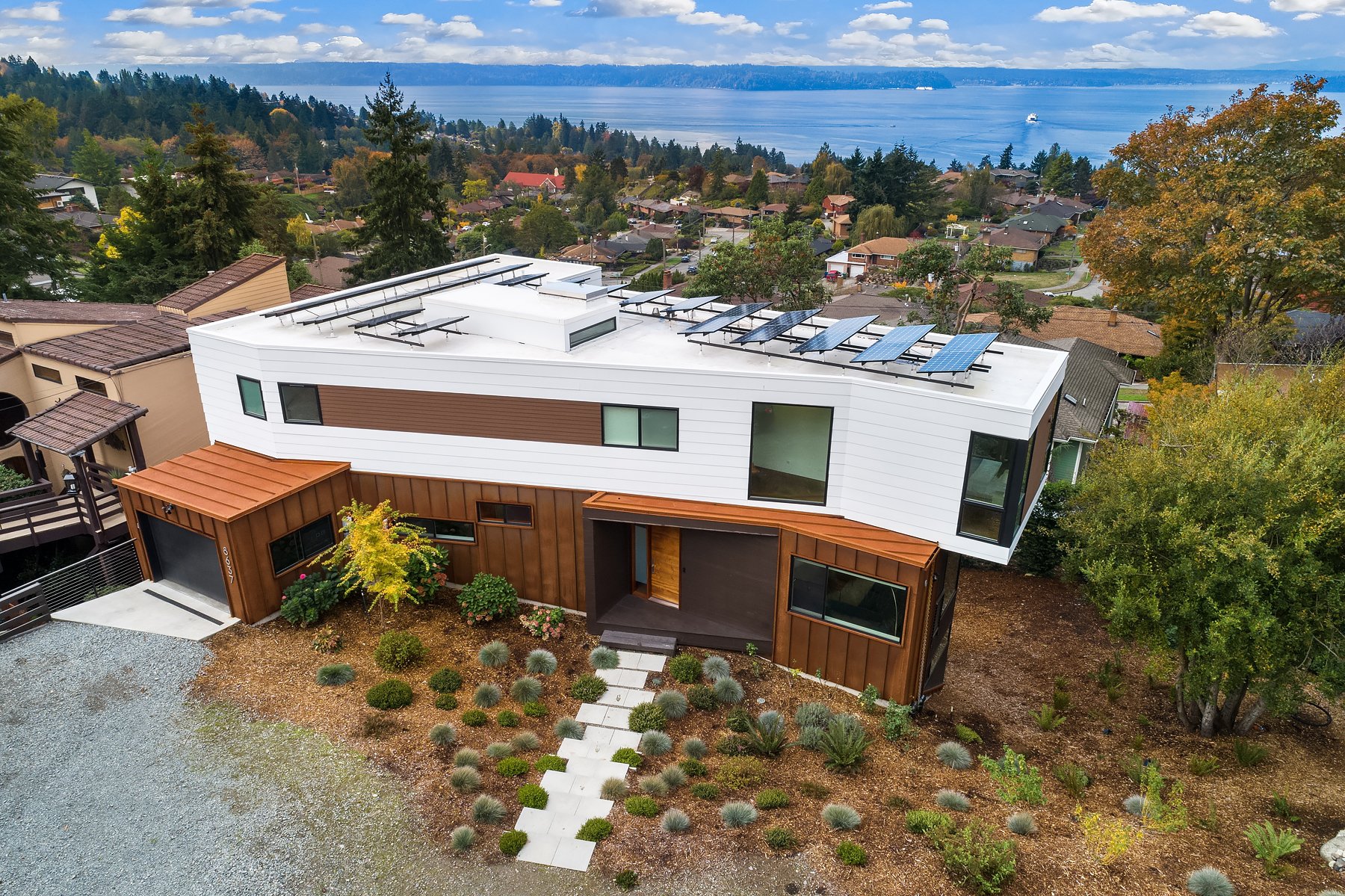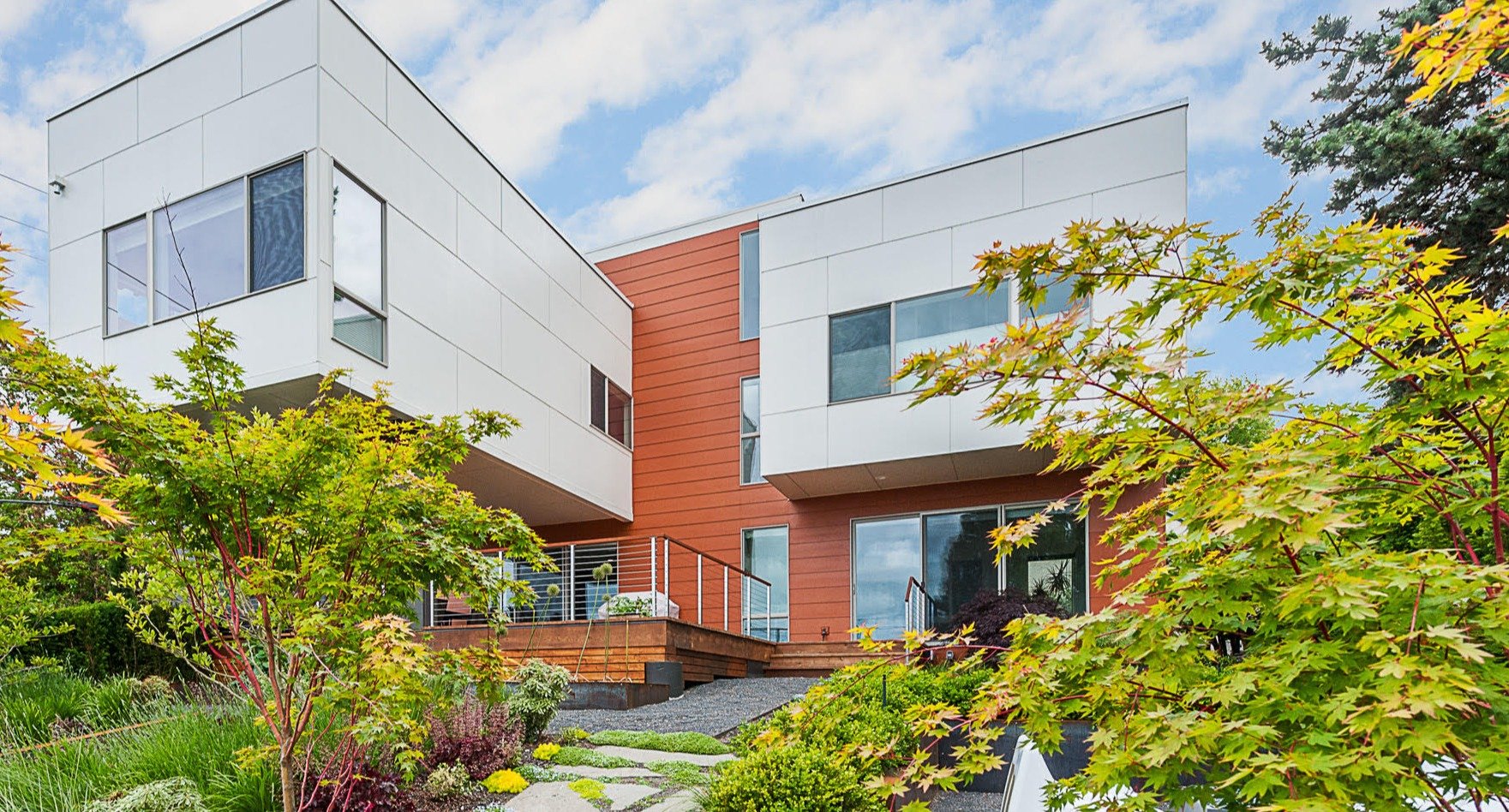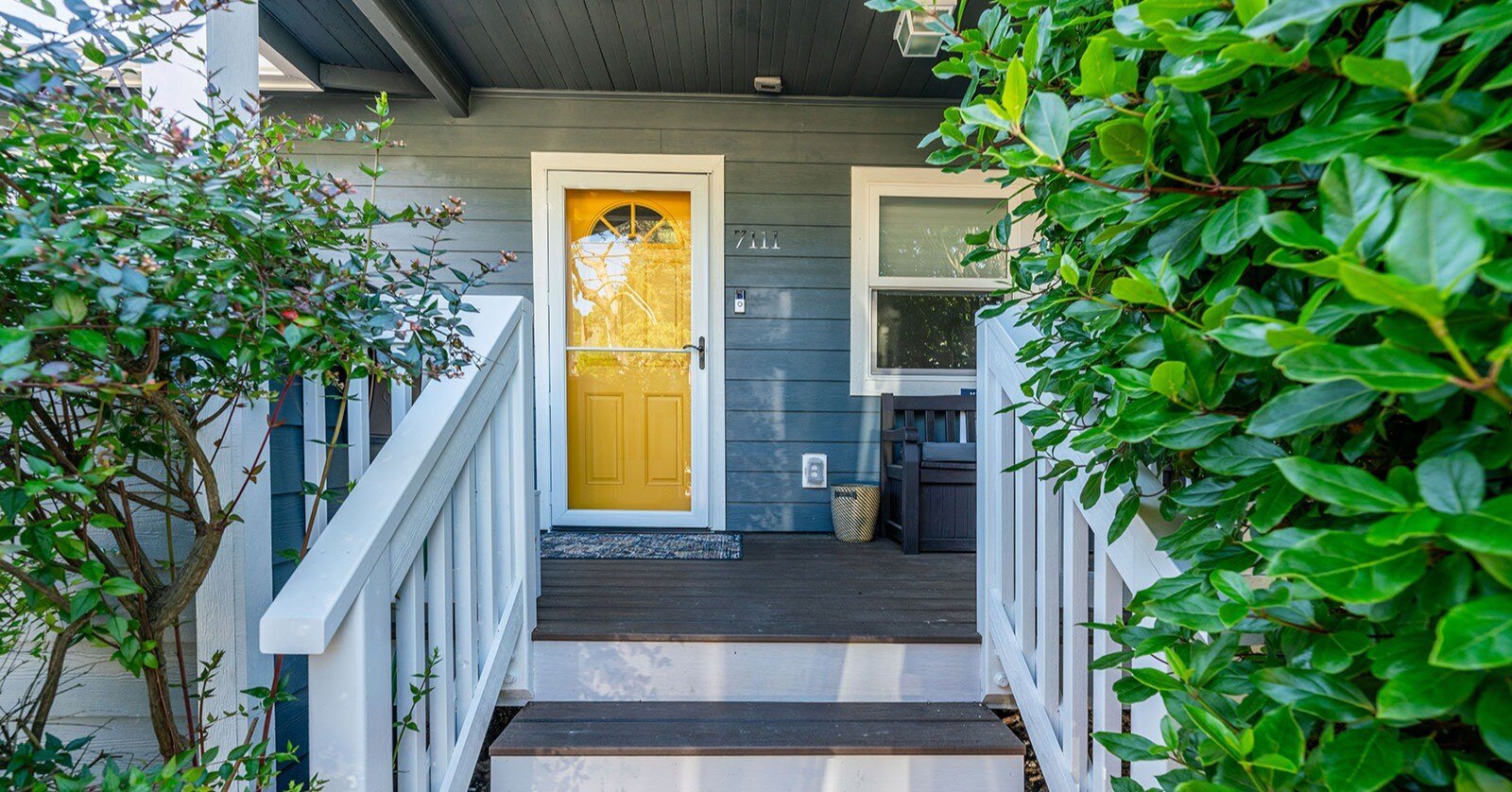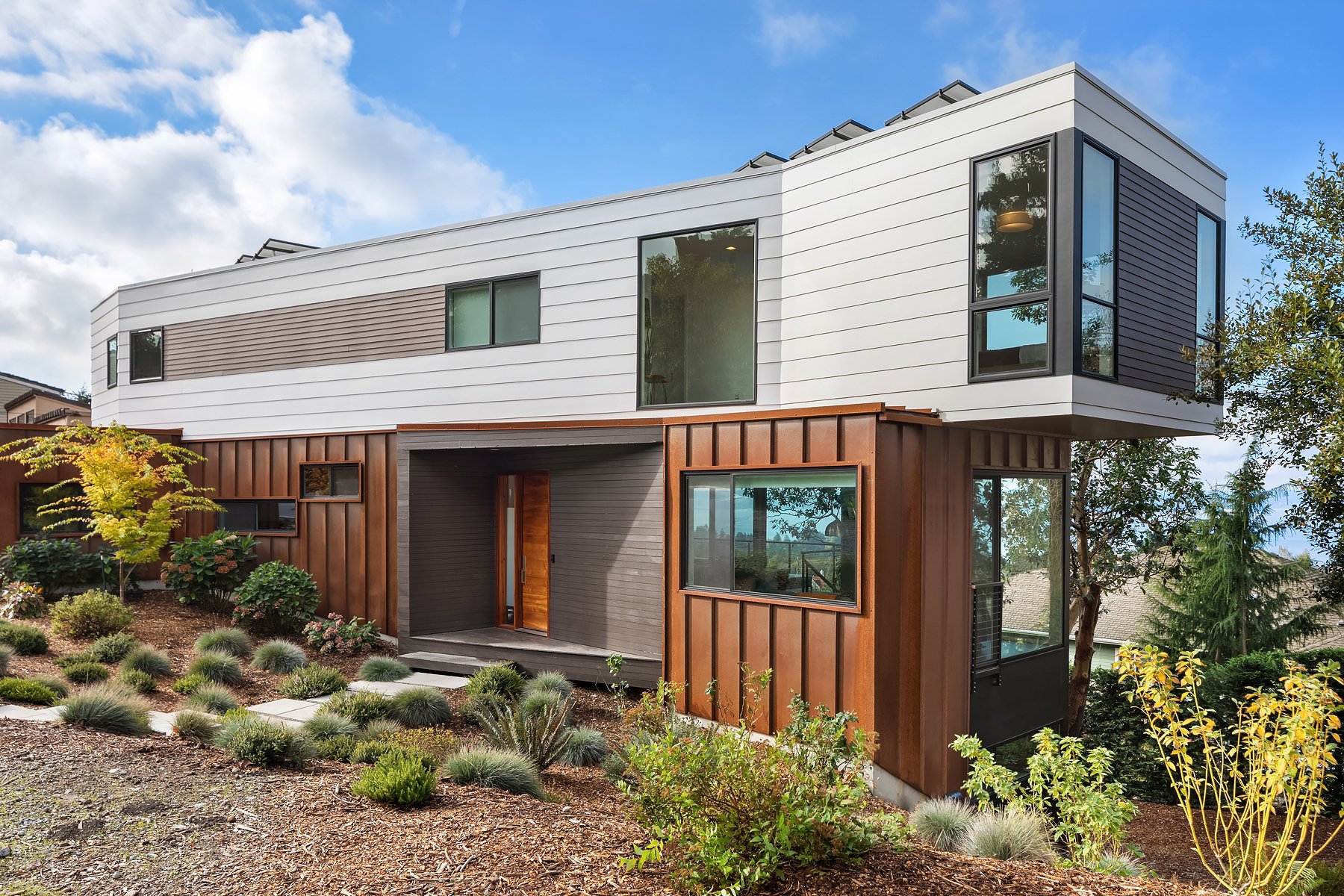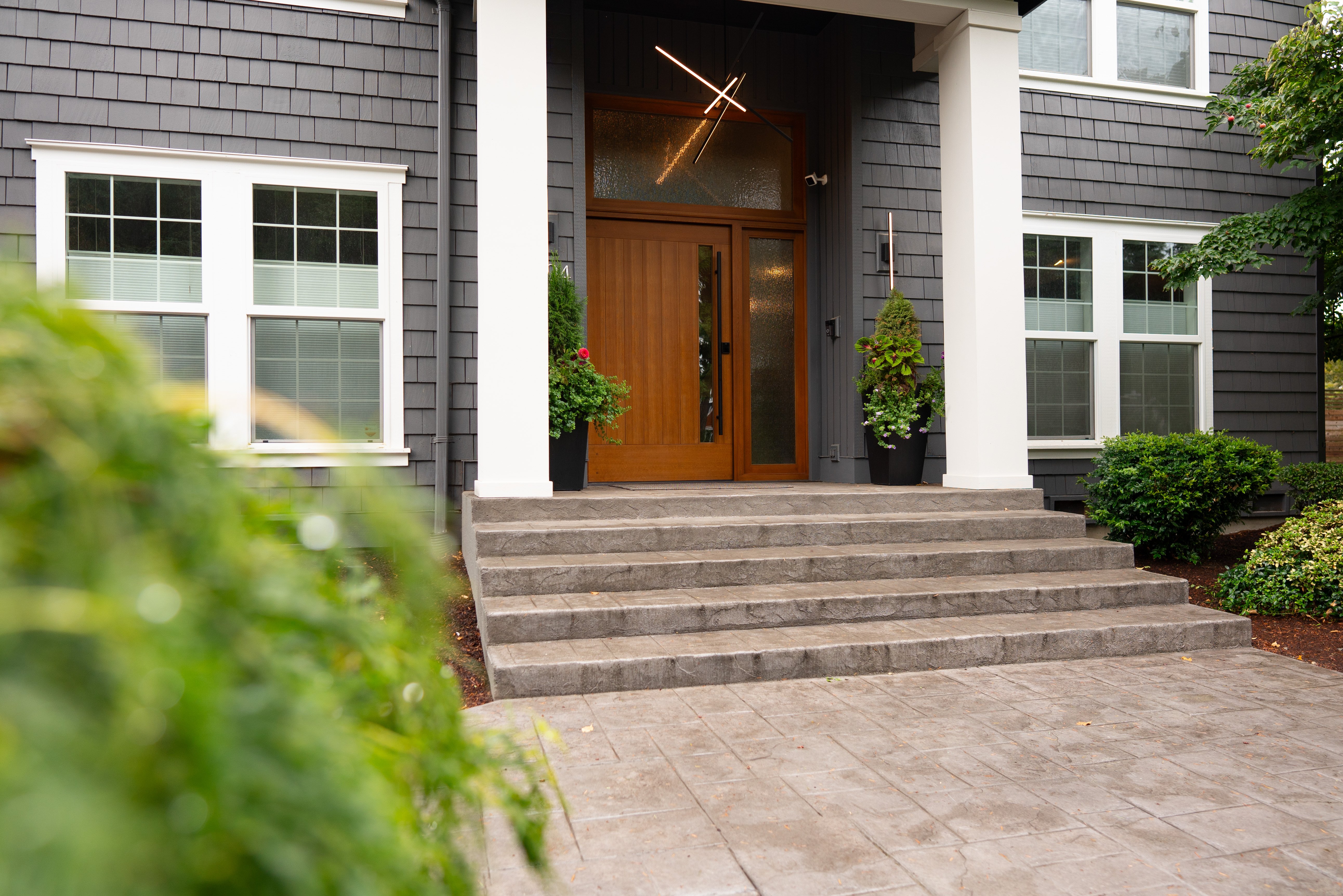Embarking on the journey of building your dream home from the ground up is exhilarating, but it comes with its own set of financial intricacies. As you envision your perfect space amidst the picturesque backdrop of the greater Seattle area, understanding the comprehensive budgeting nuances is paramount.
A good place for home buyers to start is to determine how much you are willing to permit yourself to invest in the project. For the context of this article, let’s talk about a client with an all-in budget of $5M in the Seattle market (Disclaimer: these are rough percentages based on our current market).
The Importance of Transparent Collaboration
Your dream home's realization hinges on partnering with a custom home builder that upholds transparency. This partnership ensures you are cognizant of every expenditure, mitigating the risk of budget overruns. Let's delve into the key components that comprise your budget.
1. Land/Property: Laying the Groundwork
The quest for a perfect plot in Seattle's coveted locations is often challenging. There aren’t many vacant lots to choose from, and those that are vacant are usually due to being more difficult to build on. Most commonly, homeowners will find a property with an existing structure and go through demolition. This means the expense associated with land acquisition and preparation amplifies. Using our example of a client with a $5M budget, we start subtracting at each step:
-
Estimated Land Cost: $675,000, constituting 13.5% of the $5M budget. (15-20% of your budget is usually a good estimate for land acquisition).
-
Budget Remaining: $4,325,000
2. Architecture, Design & Permitting: Crafting Your Vision
Let’s talk home design - The essence of your dream home emanates from architecture, floor plans and interior design, landscape design, and securing requisite permits. Architecture gives you the structure. Interior Design gives you interior finishes, layout, cabinets, showers, etc. Landscape design gives you all the exterior land layouts and finishes. Permitting permits you to build. These elements collectively form the soul of your new home and shape your home-building experience. This usually accounts for 15-20% of your total project cost.
-
Anticipated Expenditure: $900,000 (18% of $5M)
-
Budget Remaining: $3,425,000
Working with a design-build company is critical because they can accurately outline all of these costs before you run up a large design fee. Reputable design-build contractors will clearly explain the terms of the agreement before entering design and provide you with parameters based on historical experience to ensure that what you have will be enough.
3. Construction Costs: Materializing Your Dream
The building process to actualize the home of your dreams involves multifaceted costs, including utilities during construction, site preparation, foundation, framing, utility hookups, labor, and materials. Remember, building custom comes with an associated expectation of skilled craftsmanship and project management as well. We assume construction costs will account for roughly 50% of your budget.
-
Projected Cost: $2.5M (50% of $5M)
-
Budget Remaining Post-Construction: $925,000
Additionally, accounting for a 10.1% sales tax and associated expenses further refines your budget, culminating in a remaining budget of $420,000.
4. Landscaping, Appliances, Interior Decor & Furniture: Finishing Touches
Elevate your living experience with exquisite landscaping, state-of-the-art appliances, and bespoke interior decor. This is where critical decision-making on the finish level of your living space comes into play - are you purchasing a $1k fridge or a $14k fridge? Plan to account for 8% of your overall budget for these items - more if you prefer high-end selections.
-
Allocated Budget: $400,000 (8% of $5M)
-
Budget Remaining: $20,000
5. Overlooked Expenditures: Comprehensive Financial Planning
While not directly part of building your new custom home, other important financial commitments likely accompany the process of new home construction. After all of that is deducted from the budget, $20k remains in what you had planned, without ever accounting for other “outside” costs not directly related to your build, such as:
-
Maintenance: Allocate ~2% of the total project budget, approximating $100,000.
-
Roof maintenance, window washing, minor repairs, landscape maintenance, etc.
-
-
Property Taxes: A conservative estimate sets aside $50,000, considering King County's 1% property tax norm.
-
HOA Fees: Factor in an average annual expense of $388 per month ($4,656 annually) based on Washington's 2023 statistics.
-
Utilities: When building a custom home, consider the cost to operate your heating, cooling system, and water heaters. You may want to prioritize energy-efficient equipment to keep future costs down.
-
Financing Charges: Strategize refinancing options post-construction to optimize financial efficiency. Depending on your lender, the biggest consideration is the interest rates. Construction loans are often turned into mortgages at the end of the project. Construction loans are usually a higher rate and mortgage loans are generally a lower rate. It might make sense to refinance at the end of the project.
-
Dual Residences & Insurance: Contemplate interim accommodation expenses and augment insurance coverage during construction (gap insurance) and post-occupancy phases.
Strategic Planning for Unparalleled Success
Embarking on a custom home-building journey requires meticulous planning, clear and consistent communication, and strategic collaboration. Recognizing the intricate cost components and aligning with a proficient design-build firm mitigates financial pitfalls, ensuring your dream home's seamless home-building process.
Beware of potential red flags and prioritize a partnership with a custom builder rooted in transparency and expertise. Your dream home is within reach, and with strategic planning, you'll witness its magnificent realization amidst Seattle's vibrant landscape. Embrace this journey with informed confidence, and enjoy watching your vision come to life every step of the way.
For more information on the custom home building journey, download our eBook, “How to Find the Perfect Custom Home Builder: A Guide to Creating Your Dream Home.”

![Budgeting for a Custom Home: Everything You Need to Know [+ Tips and Insights]](https://www.betterbuilders.com/hubfs/portfolio/new-construction/Farwell-New-Construction/Web_02.jpg)
